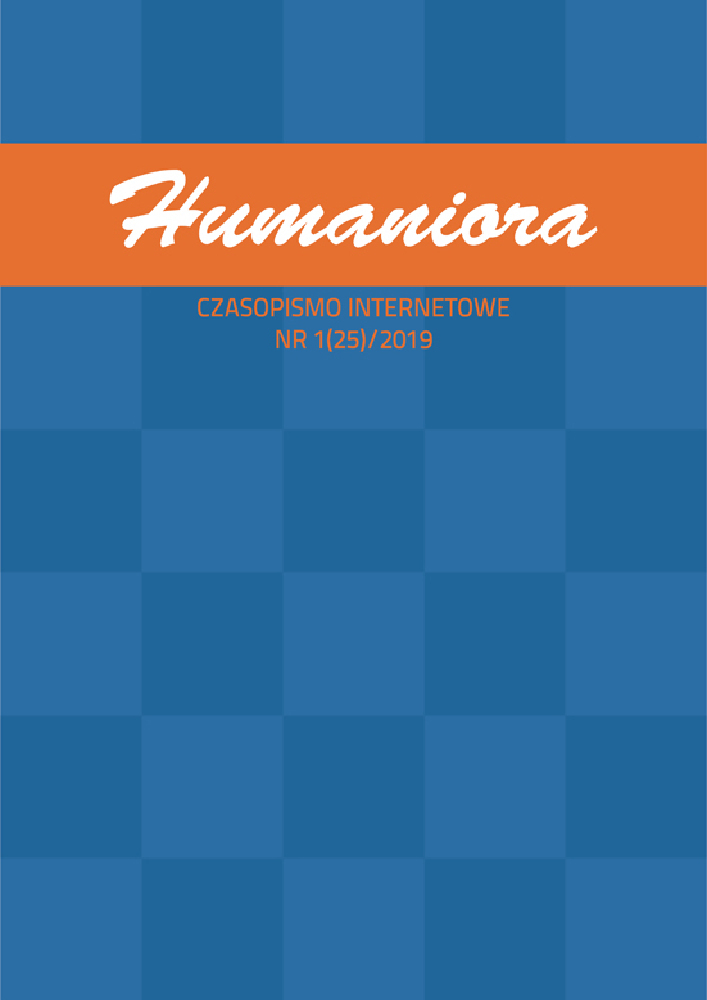Abstrakt
End-of-life planning for elderly people provides a necessary condition for a respectable and decent aging and death, which meets the wishes and expectations of the elderly person. Nevertheless, decision-making in this respect is based on the values and experience of formal and informal caregivers that are often ignorant of the wishes of the elderly. Respectively, the elderly person’s wish to end life should be viewed as a call for help and distress, as the phenomenon becomes more frequent. Elderly people do not really wish to die. Rather, they fear end-of-life treatments that are performed against their wish and beyond their control in a humiliating and painful manner, and without truly offering benefit to their lives. Consequently, elderly people see death as a relief from pain and a promise for peace. Moreover, choosing death over life, provides the elderly person with a renewed sense of control. Thus, the Western society pushes the elderly person to prefer euthanasia or suicide over a life of dependence, humiliation and pain.
Bibliografia
Ben Mitchell C., Why Doctors Must Not Be Complicit in Killing Their Patients, “Ethics & Medicine” 2015, No. 31 (2).
Bollig G., Gjengedal E. & Rosland J. H., They Know!-Do they? A qualitative study of residents and relatives views on advance care planning, end-of-life care, and decision-making in nursing homes, “Palliative Medicine” 2016, No. 30 (5).
Botseas D. S., Drosou A. L, Euthanasia: Act of Charity, or Murder, “Hellenic Journal of Surgery” 2014, No. 86 (1).
Dening K. H., Jones L., Sampson E., Preferences for end-of-life care: A nominal group study of people with dementia and their family carers, “Palliative Medicine” 2012, No. 27(5).
Frances Wand A. P., Peisah C., Draper B., Jones C., Brodaty H., Case Report. Rational Suicide, Euthanasia, and the Very Old: Two case Reports, “Hindawi Publishing Corporation Case reports in Psychiatry” 2016.
Kouwenhoven P., Raijmakers N., Delden J. van, Rietjens J., Tol D. van, Vathorst S. van de, Thiel G. van, Opinions about euthanasia and advanced dementia: a qualitative study among Dutch physicians and members of the general public, “BioMedicalCenter Medical Ethics” 2015, No. 16(7).
Machado Duran Gutierrez D., Braga Lima Sousa A., Grubits S., Suicidal ideation and attempted suicide in elderly people – subjective experiences, “Ciencia & Saude Coletiva” 2015, No. 20(6).
Rezende D. F., Oliveira G. N., Vianna L. G., dos Santos I. B, Euthanasia: would elderly people from socio-economic classes D/E perform it or allow it on their relatives?, “Journal Kairos Gerontologia” 2014, No. 17 (17).
Wijngaarden E. van, Leget C., Goossensen A., Ready to give up on life: The lived experience of elderly people who feel life is completed and no longer worth living, “Social Science & Medicine” 2015, No. 138.
Weinberger L. E., Sreenivasan S., Garrick T., End-of-Life Mental Health Assessments for Older Aged, Medically Ill Persons With Expressed Desire to Die, “The Journal of the American of Psychiatry and the Law” 2014, No. 42 (350).
Licencja
Czasopismo oraz wszystkie zamieszczone w nim materiały są powszechnie dostępne i mogą być wykorzystywane do celów naukowych, edukacyjnych, poznawczych i niekomercyjnych bez konieczności uzyskiwania każdorazowej zgody autorów i redakcji. Nadesłanie artykułu do publikacji traktowane jest jako zgoda autora na udostępnienie swojej pracy i informacji w niej zawartych do powyżej wymienionych celów. W takich przypadkach należy jedynie wskazać źródło, z którego zaczerpnięte zostały informacje. Pobieranie opłat za dostęp do materiałów zawartych w czasopiśmie lub ograniczanie do niego dostępu jest zabronione.
Przesyłane do redakcji teksty muszą stanowić oryginalne prace, uprzednio nigdzie niepublikowane ani nie przedkładane innym redakcjom lub wydawcom. Autorzy nadsyłanych artykułów ponoszą odpowiedzialność za uzyskanie zezwoleń na publikowanie materiałów, do których prawa autorskie są w posiadaniu osób trzecich. Publikacja materiałów chronionych prawem autorskim jest możliwa pod warunkiem uprzedniego dostarczenia przez autora do redakcji pisemnej zgody właściciela praw autorskich.




